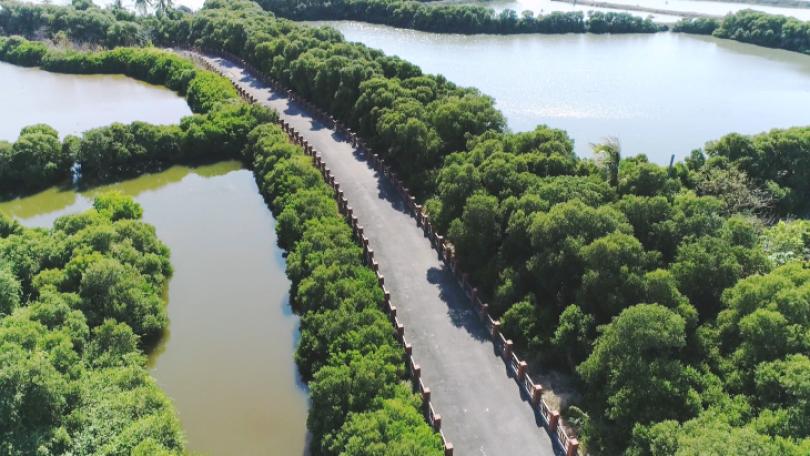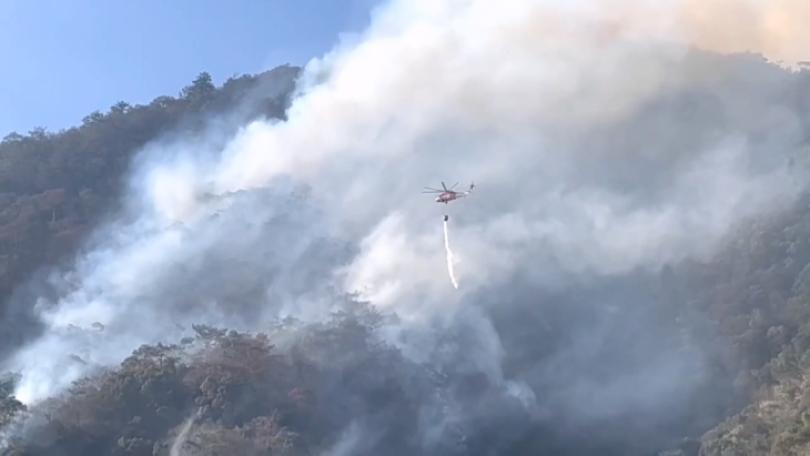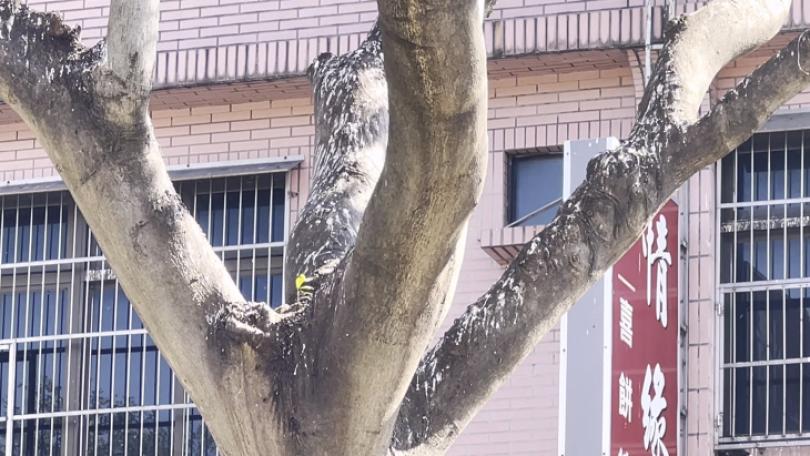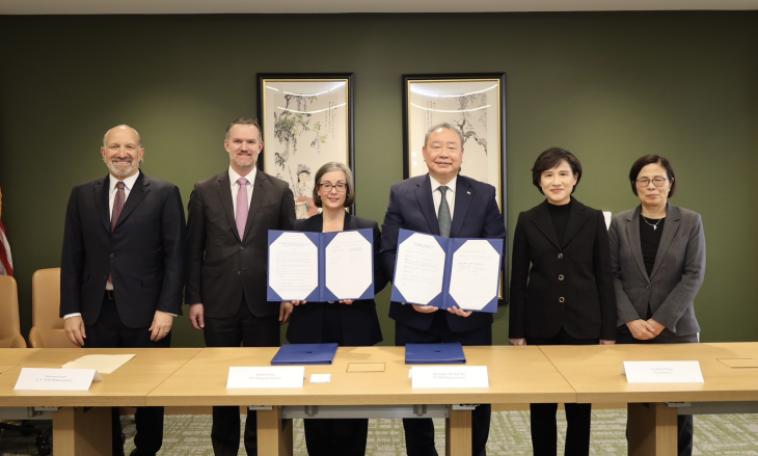NTU Compares Prevention Measures Around the World 台大公衛團隊 比較各國校園防疫政策

National Taiwan University is focusing on prevention in dormitories to keep COVID-19 cluster infections under control. According to a recent UK study, seniors should get their second vaccine dose as soon as possible.
Students are heading back to school with the fall semester opening. National Taiwan University’s College of Public Health recently compared Taiwan’s prevention methods with other countries. Both the US and Europe are vaccinating children between the ages of 12 and 18 and continuing with blended learning to lower the risk of cluster infections.
According to one UK research report, college freshmen are a major source of infection on campuses, which makes dormitories a key cog in prevention.
Chen Hsiu-his, Public Health Professor, National Taiwan University:” One of our priorities is preventing cluster infections in dorms, and students are for the most part cooperating. As for so-called remote learning, that is something we should consider.”
Israel is the first country in the world to give third booster shots to everyone over 12. Chen Hsiu-hsi says this will detrimentally affect the global vaccine supply. According to a new UK study of medical personnel and long-term care facility residents that received AZ and BNT vaccines, seniors had reduced viral suppression abilities after getting one shot. The study recommended that seniors that have not had COVID-19 to get their second shot as soon as possible.
Lai Chao-chih, ER Doctor, Taipei Hospital Renai Branch:” (Seniors) that have only gotten one dose will see their serum antibody levels go down very quickly after a certain amount of time. (One dose) isn’t enough to fight off these viral infections. So, the conclusion of this report is that (seniors) should get their second dose as soon as possible.”
Some countries won’t let people get a second shot in order to increase the first-dose coverage rate. The appropriateness of this kind of policy for seniors is in question. The UK study also showed that BNT provided slightly higher neutralizing antibody protection five to six weeks after a first dose than AZ. The T-cell response, however, was three times higher with AZ.
The report also said the two vaccines provide equal protection to those that have had COVID-19.
Delta變種病毒肆虐全球,隨者暑假結束,學生們也陸續重返校園,各國劑出不同防疫措施圍堵疫情,台大公衛團隊透過線上直播介紹各國與台灣做法,美國歐洲都鼓勵12-18歲學生施打疫苗,加上採取分批到校,減少班級人數等措施來降低群聚感染風險,接下來大學即將開學,
根據英國研究,一年級學生是使校內傳播增強因素,因此宿舍將是接下來防疫重點。
台大公衛教授 陳秀熙:「在疫情上面也給我們提供重要的,就是對於大學宿舍的群聚,學生多多配合(防疫),所謂的遠距教學視訊的搭配也是我們在大學裡面,我們應該去考慮的。」現在全球積極施打疫苗,以色列率先施打第三劑到12歲引起爭論,陳秀熙也指出將衝擊全球疫苗供應。接下來輝瑞BNT疫苗將抵台,英國針對接種輝瑞及AZ疫苗的醫護人員和機構住民進行分析,而年長者對於疫苗接種後面對病毒的抑制結合能力較差,建議對於未感染的年長族群,應提早接受第二劑疫苗。
台北聯合醫院仁愛院區急診醫學科醫師 賴昭智:「(長者)只接受了一劑的疫苗,他所產生的綜合血清抗體,一段時間後就很快的下降,不足以應付這些病毒的入侵。所以這篇的結論是希望(長者)要能盡早接受第二劑疫苗。」
有些國家為了提高第一劑疫苗涵蓋率而延長第二劑施打,然而對於年長者而言,此策略是否合適仍不清楚,英國針對輝瑞及AZ疫苗,進行一劑後5-6周之免疫力的比較。結果顯示一劑後5-6周輝瑞疫苗的中和抗體保護力略高於AZ疫苗,而在T細胞免疫反應牛津AZ疫苗則反增三倍,此外對於曾感染者,兩種疫苗均能有效提升免疫保護力。










